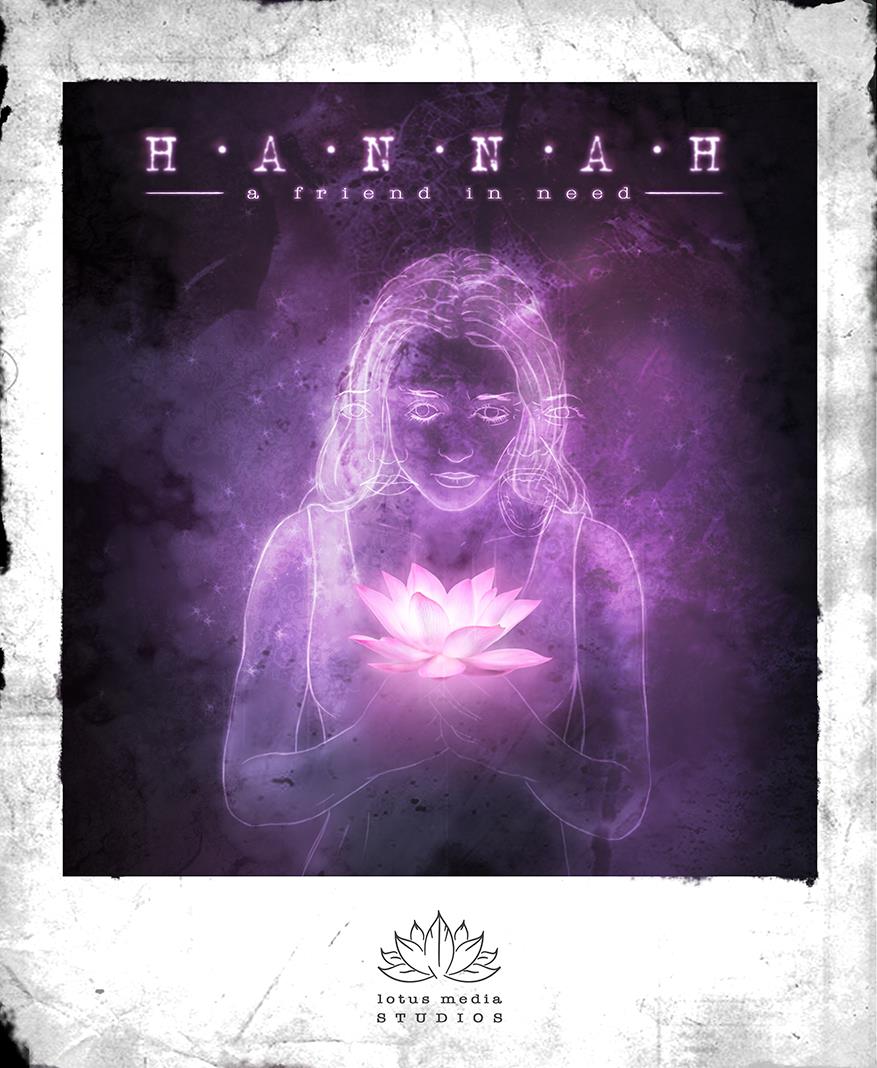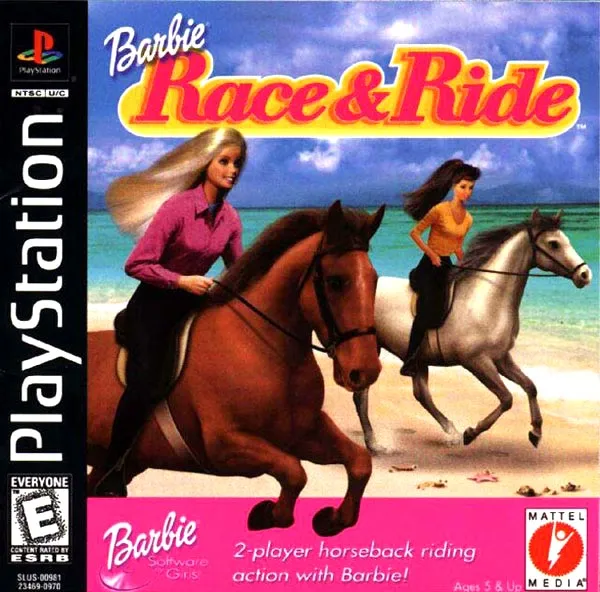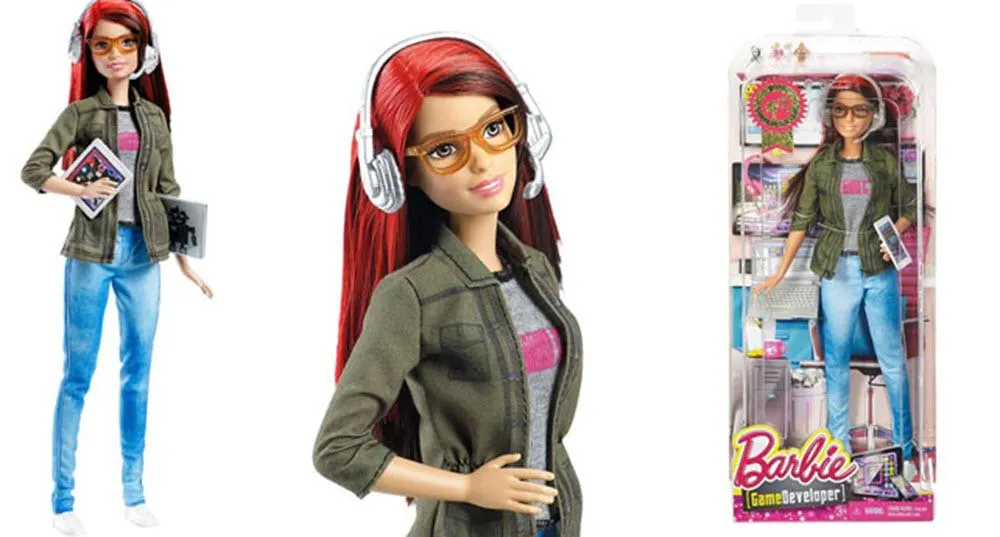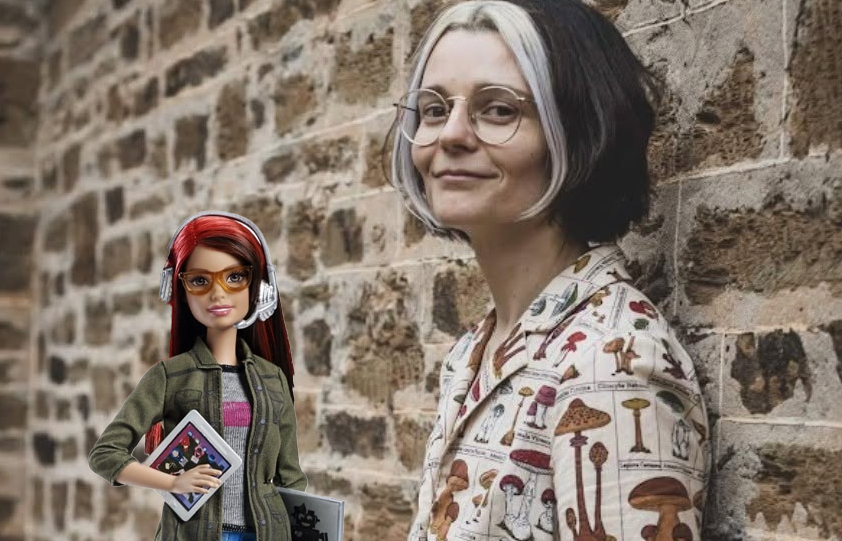Dr. Susannah Emery is a Game Design and Digital Media lecturer at the University of South Australia, where she uses her extensive experience as a game and narrative designer to help guide emerging video game developers.
Despite Susannah’s love of multimedia and video games, her career may have taken an incredibly different turn if she had taken the advice of her high school career counsellor.
As a child, Susannah found video games lacked variety, with the market flooded with various sporting titles and popular shooters such as Doom and Quake. Instead, Susannah found endless enjoyment in reading choose your own adventure books.
As Susannah entered high school, she began to experiment with coding and creating video games.

“I liked coding dumb little games with visual basic and stuff like that,” Susannah says. “But then I was choosing classes for university, and I chose media arts multimedia, and I thought this sounds really fun.”
At the time, Susannah’s school and many others were not as equipped to offer many specialisation in the areas of television and computers, but that’s not why Susannah’s high school career counsellor suggested that she pursue a different career.
“I put that down on my preference, but then my school careers guy came around and he was like…that’s not a good career for a young lady,” Susannah says.
Susannah eventually pursued a career in education, which at the time, was considered a more traditional career for a young female. But her passion for video games would never truly vanish.
The Australian video games industry has improved gender diversity and inclusivity significantly over the last three decades, as the 2020 Digital Australia Report found that almost half of the video game players in Australia are female, with a total of 47 percent.

But the inclusivity improvements to the video game industry cannot erase its checkered past, one that left Susannah, and likely many others, feeling like the industry was not meant for females.
“There was this really dark time in games advertising where and if you can go back and look now…a lot of the games advertising from the ‘80s and ‘90s was really, really sexist and gross,” Susannah says.
What made the young choose your own adventure lover, who felt like video games were not developed for her, eventually making them the focus of her professional career?
The answer lies with a girl’s iconic toy – Barbie.
When Susannah was a child, her mother was “obsessed” with entering competitions, and as fate would have it, her mother helped pave Susannah’s future by winning a copy of a Barbie video game on the original PlayStation.
“One day … Barbie: Race & Ride rocked up,” Susannah says.

“This is one of the seminal life-changing moments of my life, I didn’t realize that at the time but turns out it was.”
Susannah’s passion for video games would only grow from there, as she used video games to help improve the education experience of Indigenous children in the Northern Territory, during her early years as a remote primary school teacher.
Susannah noticed her class attendance was decreasing, so Susannah decided to ask one of her students why her classmates were avoiding class.
“Why aren’t you coming?” Susannah asked one of her students. To which they replied: – “It was [because] the kid around the corner got a PlayStation”.
This inspired Susannah to drive two hours across dirt roads, some of which were flooded, to her local Cash Converters in Alice Springs, where she purchased a Nintendo Wii with a copy of Wii sports.
Wii Sports contains a bowling mode and Susannah covered the on-screen score and asked students to calculate the score for themselves.

Word soon spread, and Susannah’s student attendance increased greatly, as did Susannah’s video game-based education system.
“We did a lot of English stuff too,” Susannah says. “English is [an] additional language, so we had tried blindfolding one child and then another would tell them how to direct Mario across the screen.”
Now working at the University of South Australia, Susannah incorporates video game-based learning at an even larger scale and guide young video game developers of all genders to follow their desired professional career.
In 2021, Susannah was appointed an International Women in Games Ambassador, where she has continued to help promote improved industry diversity and inclusivity, even winning Educator of the Year at the Women in Games Global Awards in 2022.
“I won the global best Educator award for games and eSports last year from women in games. That was so, so cool because I really, really do value being a teacher,” Susannah says. “I love it.”
While gender diversity continues to improve on the video game player side, the same gender diversity cannot be seen on the Australian video game development side, as statistics from a 2021-22 industry snapshot showed only 21 percent of those employed are female.

“That’s actually dropped quite significantly since the report two years before,” Susannah says.
While the video games industry saw significant financial profits during the pandemic, Susannah believes the COVID-era may be the cause of this industry decline.
“I think that some of that might be due with the impacts of COVID and expectations of caring roles and things like maybe where children had to come home and be kind of home-schooled,” Susannah says.
“I’ve read some research that shows women were the ones who were kind of … pulled out of the workforce to undertake that work.”
Susannah also believes that the ongoing online harassment experienced by female video game players may deter females from wanting to develop video games, due to the “toxicity” in the online community.
“That is a huge problem and that has direct correlations to the development industry because why are you going to want to make games when you’ve had such an awful, awful experience playing them?” Susannah says.
Susannah has faced industry harassment online in reaction to a video game she developed called Hannah, which was based on a female experiencing domestic violence.
“The first thing I got back was like this really hate email from this guy who was like, ‘men experience domestic violence too, you’re awful … I will hunt you down and kill you’,” Susannah says.
But despite this toxic minority, Susannah has positive hopes for the video game industry going forward, and once again, Barbie is at the centre of it all.
In 2016, Mattel launched ‘Game Developer Barbie’ as part of its ‘Career’ line of dolls. This helped show young girls that being a video game developer was a potential career choice, something Susannah’s old high school careers counsellor never believed.
“I think you know seeing game developer as a role in a Barbie is a pretty big change,” Susannah says. “Like something that we wouldn’t have seen, so that, that’s pretty cool.”

Susannah proudly showcased Game Developer Barbie on her shelf and happily explained how she purchased one for herself and one for her daughter upon release.
As Susannah carefully places Game Developer Barbie back on her shelf, Susannah is asked if she thinks the next decade of the video game industry will provide further advancements in gender diversity and inclusivity, and Susannah only has two words to say.
“Fingers crossed”
